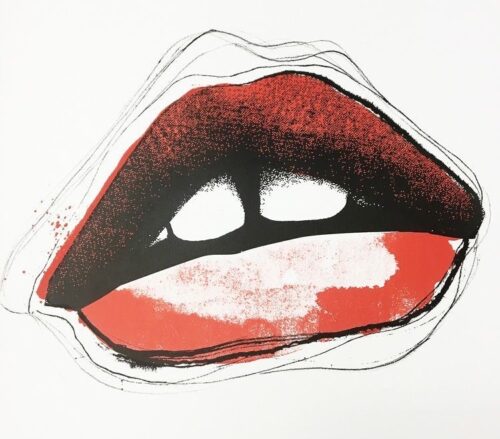
Your power of speech: what you do matters as much as what you say
Written by Dr Nick Mutanda-Musoke
August, 24, 2022
“The power of your speech…” I know, the title itself sounds like the beginning of a cliché.
In my younger years another popular cliché went something like: “sticks and stones may break my bones, but words will never hurt me.” Whoever conceptualised that was either very wrong or living in a completely different context – maybe both.
While someone’s opinion of you is (in reality) completely out of your hands, the combination of your actions and words go a long way in terms of informing that opinion. This leads us to another cliché: “actions speak louder than words”. How we conduct ourselves can be quite effective in communicating who we are to others. With that said, words spoken are not totally powerless, in fact, words can be perceived as action.
We are what we do as much as we are what we say. You can’t get away from it. If your actions are humble and generous but as soon as you’re out of earshot your tongue turns to poison, it’s fair to say, your overall character becomes questionable. The power of speech is best illustrated by considering how effective it is in our learning experience. Moreover, the power of speech is immeasurable because it spans across multiple continents, countries, languages and even dialects.
Let’s think about the impact of speech in learning about sexual and reproductive health, for instance. Imagine a little girl in Belarus, Eastern Europe and a little boy from Kagiso, Southern Africa both get the same video teaching them about the dos and don’ts of their private parts. The video given to the two children is without sound – mute.
Later on, the exact video is given to the same children. This time speech and language are added to convey the message. The first and second videos are fundamentally the same. However, the message of the lesson truly begins to take shape when it is conveyed through language and images.
Speech definitely shapes how we convert our message, our personal experience or intentions, into something tangible that can be understood in multiple ways. Without language we cannot beam our thoughts into the minds of our friends. We can’t share or explain how good something felt, or how an action made us feel. All 5 of our senses engaged let us have the human experience and language is the tool we use to put it all together.
Now, as for actions: actions may speak louder than words, but words make actions audible. Speech can be used as a tool for negativity and pessimism i.e.
Words can shame – as we have seen through body shaming practices all too prevalent in pop culture.
Words can restrict – they can tell us what we should and shouldn’t look like.
Words can cause hurt – some words spoken in authority over your life can be devastating to hear. That’s the power of speech. Words, though, can also help – they can be just what we need to live confidently in our own skin and love ourselves enough to practice safe sex.
So what do you do with your words? What do you as an individual do with your power of speech? Will you use it to destroy or to empower? Dionysius Of Halicarnassus put it best, “Let thy speech be better than silence, or be silent.”
References:
- Image – https://pin.it/3eW29YQ
Ubusha Bami futhi yimi lo – My youth and this is me! © 24 August 2022